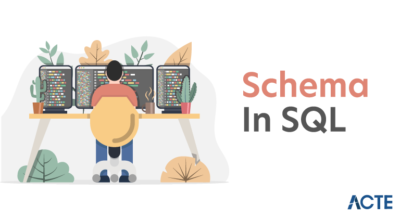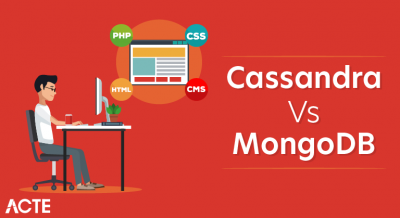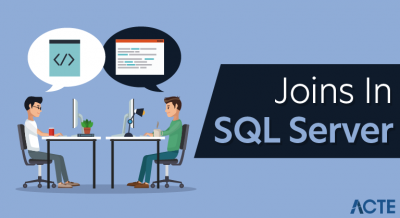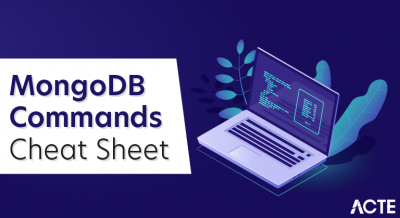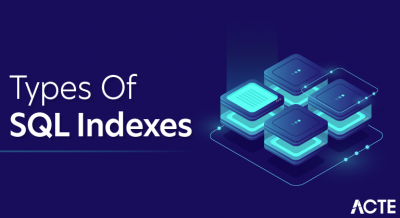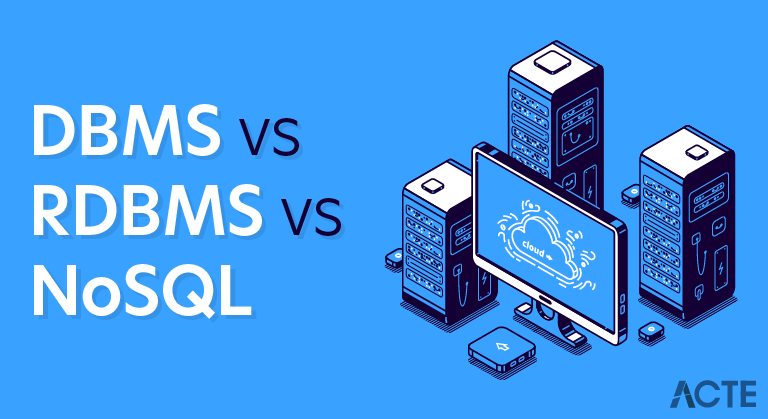
RDBMS
Relational Database Management System is the most famous among the Database, we are calling this as relational Database meaning is there is a relationship between the data stored in the database
Relational Database Management System (RDBMS) is an advanced version of a DBMS system. It came into existence during the 1970s. RDBMS system also allows the organization to access data more efficiently then DBMS.
RDBMS is a software system that is used to store only data that need to be stored in the form of tables. In this kind of system, data is managed and stored in rows and columns which is known as tuples and attributes. RDBMS is a powerful data management system and is widely used across the world.
A row represents the record and the column represents the Attribute. In RDBMS every individual field represents the data value. To Query or handle the RDBMS we need SQL. The SQL or See- Quel is used to handle the Insert, delete, modify, and update queries in an effective way.
Other hands SQL is used in Development and Data Analytics and to write scripting for Integration
.
Benefits of RDBMS

- It supports better Data redundancy
- It allows Easy Integration with the Applications
- It gives more Secure
- It having good data Access through the users.
- Easier to Modify, Access and to Learn
DBMS
A DBMS is a software used to store and manage data. The DBMS was introduced during the 1960s to store any data. It also offers manipulation of the data like insertion, deletion, and updating of the data.
DBMS system also performs functions like defining, creating, revising, and controlling the database. It is specially designed to create and maintain data and enable the individual business application to extract the desired data.
A full form of DBMS is Database Management System, this is a set of software program which is used to manipulate, control, and store the data. This set of program which is used to handle the manage the database. DBMS manipulate the Data format, Field names, record structure, and file structure.
A DBMS is used to serves between the end-users and the Database. And the DBMS supports retrieving, updating, deleting, and modifying the data.
A DBMS needs the Comprehensive database software which is used to handle the rows and columns. We can able to control. Enable the Admin functions with the huge range of operations like Monitoring, Tuning, and Backup Recovery
Benefits of DBMS
We can able to handle the huge amount of Data, We can able chief among them with the features of Data Handling, Data Sharing, Integrity, and Security and it is easy to handle Data Redundancy in the Database System.
DBMS Category
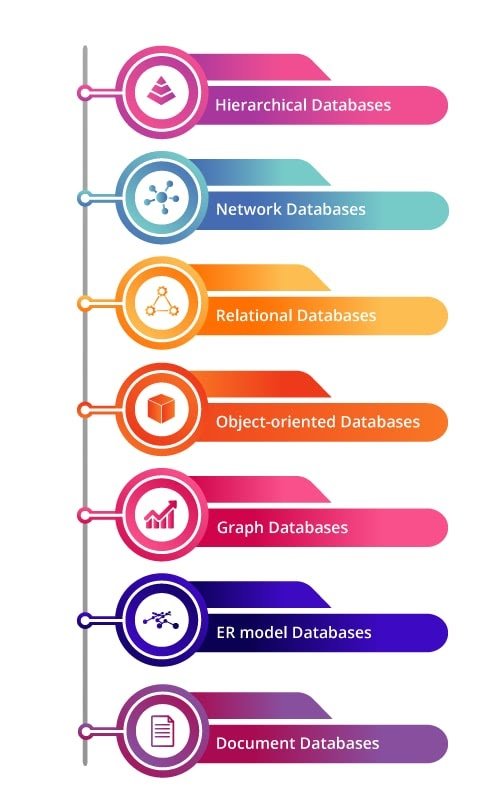
NoSQL
NoSQL is a Next-Generation Database which is used to store the data and retrieval the data, it is known as NoSQL database meaning it won’t need the Query Language this is no Structured Query Language, it having distributed Architecture and most of them are open Source
The Reason we are going with NoSQL is due to the increase of the Data. The Massive Data grew companies like Facebook, Google is preferring NoSQL because even increasing the Data size it won’t affect the Performance
No SQL doesn’t follow the strict schemas like Relational Models, with our NoSQL we can’t able to expect the Feature called ACID i.e. Atomicity, Consistency, Isolation, and Durability.
NoSQL having the capability of horizontal Scaling which means we can able to add or remove the capacity of the machine later and Main Feature of our NoSQL is we can able to add or remove the memory capacity or clusters in NoSQL Database
The NoSQL Database is having the capacity to handle a large number of Pictures, videos which streaming live, NoSQL which is giving the Scalability and Reliability to handle a large amount of data
NoSQL Category
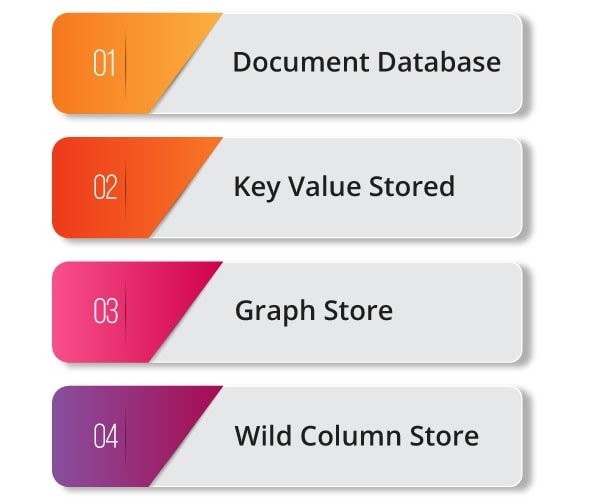
Benefits of NoSQL
Elastic scaling
Earlier with a relational database or RDBMS, database administrators always relied on scaling up or buying bigger, expensive, multiple servers as database load increased rather than scaling out or distributing the database across multiple hosts. The new breed of NoSQL databases are designed to expand transparently and horizontally to take advantage of new nodes, and they’re usually designed with low-cost commodity hardware in mind. For NoSQL, servers can be added or removed from the data layer without application downtime.
Bigger Data Handling Capability
RDBMS capacity has been growing to match the increase in volumes of data, but the limitations of data volumes that can be handled by a single RDBMS are intolerable for some enterprises. Hadoop, an enabler of certain types of NoSQL distributed databases, allow data to be spread across thousands of servers with little reduction in performance and it outstrips that which can be handled by the biggest RDBMS.
Maintaining NoSQL Servers is Cheaper
Maintaining high-end RDBMS systems is expensive and can be only done with the assistance of expensive, highly trained DBAs. On the other hand, NoSQL databases require less management. Features like automatic repair, easier data distribution, and simpler data models make administration and tuning requirements lesser in NoSQL.
Lesser Server Cost
NoSQL databases typically use clusters of cheap commodity servers to manage the exploding data and transaction volumes, while RDBMS tends to rely on expensive proprietary servers and storage systems. So the storing and processing data cost per gigabyte in the case of NoSQL can be many times lesser than the cost of RDBMS.
Limitations of NoSQL
Though the NoSQL database has generated a lot of enthusiasm, there are several obstacles it has to overcome it becomes appealing to mainstream companies.
NoSQL alternatives and solutions are still in nascent and pre-production stages and many key features are yet to be implemented.
Customer support is also better in RDBMS systems like SQL and vendors provide a higher level of enterprise support. In contrast, NoSQL system support is provided by small start-up companies without the global reach, resources, or credibility of Oracle, Microsoft, or IBM, the big names associated with SQL.
NoSQL databases have evolved to meet the scaling demands of modern Web 2.0 applications and are oriented to meet the demands of these applications. They offer few facilities for ad-hoc query and analysis. It is much easier to code an SQL query, but in NoSQL, even a simple query requires significant programming expertise, and commonly used BI tools do not provide connectivity to NoSQL.

